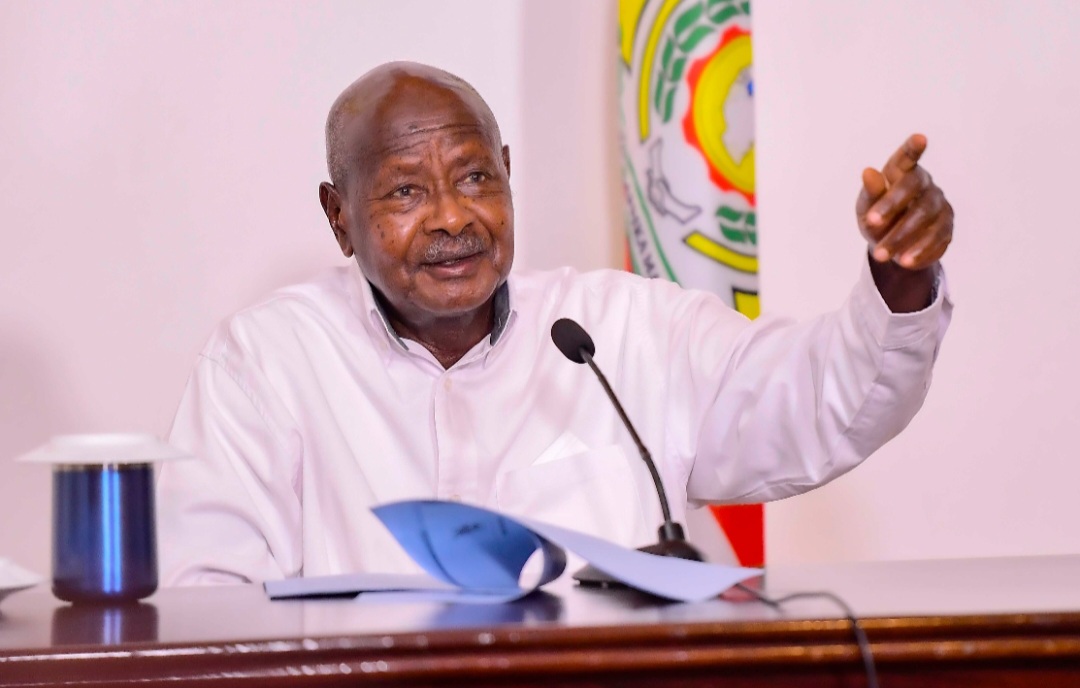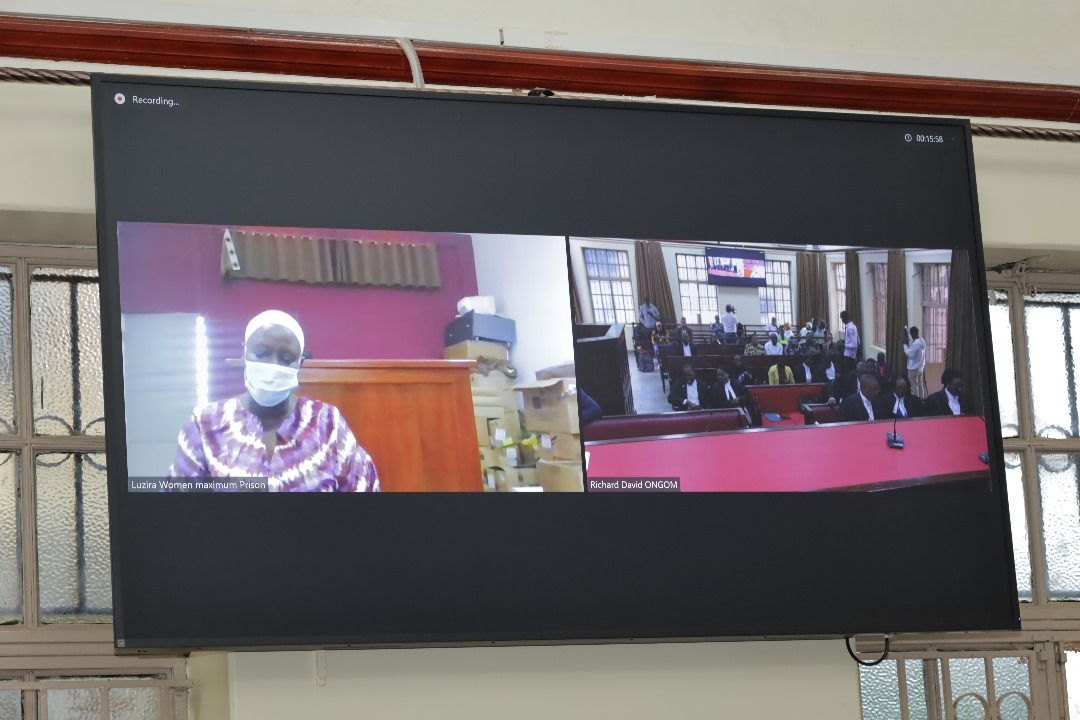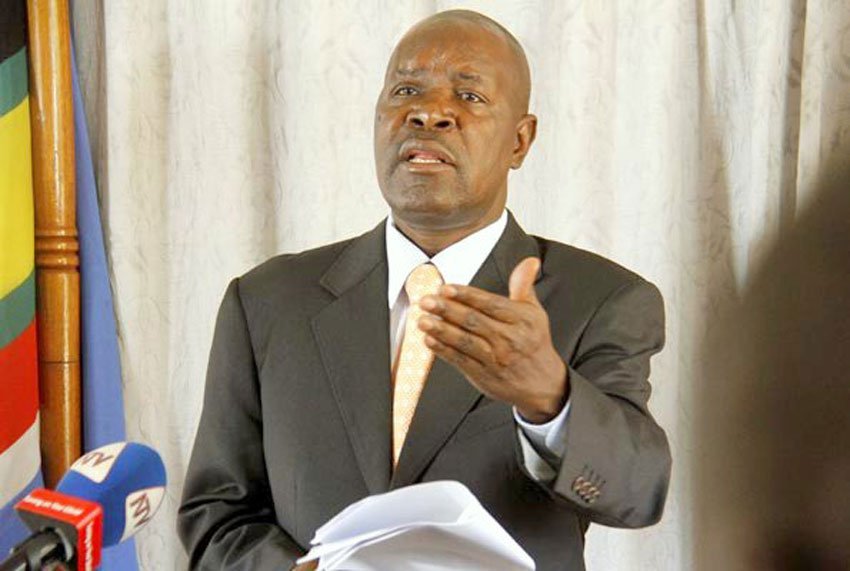Uganda has long grappled with the corrosive effects of corruption, a malaise that has stymied development and crippled the economy. For decades, Ugandans have yearned for a leader capable of confronting this vice head-on. Fortunately, His Excellency President Yoweri Kaguta Museveni Tibuhaburwa , who has been at the helm since 1986, has steadfastly pursued the eradication of corruption, infusing his tenure with a relentless commitment to this cause.
From the very beginning of his presidency, Museveni has recognized that corruption is not merely a legal or economic issue, but a profound ethical challenge. It is a philosophical battleground where the integrity of a nation’s soul is at stake. Corruption, in its many forms, is an existential threat that erodes trust, undermines justice, and saps the vitality of civic life. Museveni’s decades-long crusade against corruption can thus be seen as an ongoing quest to restore and preserve the moral fabric of Uganda.
Museveni’s approach to this fight is deeply philosophical, rooted in the belief that corruption is not just an act but a mindset—a manifestation of deeper moral decay. His leadership has underscored that the true measure of a nation’s progress lies not in its material wealth but in the ethical standards it upholds. In his speeches, he often draws on the wisdom of traditional African values and the teachings of great philosophers, reminding Ugandans that integrity and honesty are the bedrock of any thriving society.
The President’s strategy is multifaceted, recognizing that corruption is a hydra-headed monster requiring a comprehensive and sustained approach. His government has enacted a series of laws, policies, and institutions aimed at curbing corruption. However, Museveni understands that no amount of legislation can substitute for a populace engaged in the moral renewal of their society. This is why he has persistently called upon citizens to join him in this fight, emphasizing that every Ugandan has a role to play in rooting out corruption.
One of Museveni’s key initiatives has been to enlighten the public about the far-reaching consequences of corruption. He has tirelessly communicated that corruption is not a victimless crime but a pervasive evil that affects every individual, undermining social cohesion and economic development. By appealing to the conscience of the nation, he has sought to transform the cultural norms that allow corruption to flourish.
Furthermore, Museveni has implemented stringent measures to ensure transparency and accountability in government operations. The introduction of systems such as the Government e-procurement portal has significantly curbed corruption in public procurement processes. The establishment of the Inspectorate of Government has also been pivotal in investigating and prosecuting corruption cases, sending a clear message that no one is above the law.
On the international stage, Museveni’s efforts have not gone unnoticed. Under his leadership, Uganda has made strides in improving its ranking on the Corruption Perception Index, enhancing the nation’s reputation and attracting foreign investment and aid. This global recognition underscores the importance of ethical governance in fostering sustainable development.
Yet, Museveni’s battle against corruption is far from over. It is a Sisyphean endeavor requiring unwavering resolve and continuous effort. Corruption is deeply entrenched, and its eradication demands the persistent engagement of all societal sectors. Museveni’s enduring commitment to this fight exemplifies the philosophical principle that true leadership involves guiding a nation through its most profound moral challenges.
In conclusion, President Museveni’s lifelong battle against corruption is not just a political campaign but a philosophical journey towards a just and ethical society. His leadership has highlighted the intrinsic link between moral integrity and national prosperity. As Ugandans, it is imperative to rally behind this vision, recognizing that the fight against corruption is a collective responsibility. Together, we can uphold the ethical values that define our humanity and strive towards a future where integrity prevails. By supporting Museveni’s unwavering commitment to a corruption-free Uganda, we honor not only his legacy but also the moral heritage of our nation.
Do you have a story in your community or an opinion to share with us: Email us at Submit an Article









